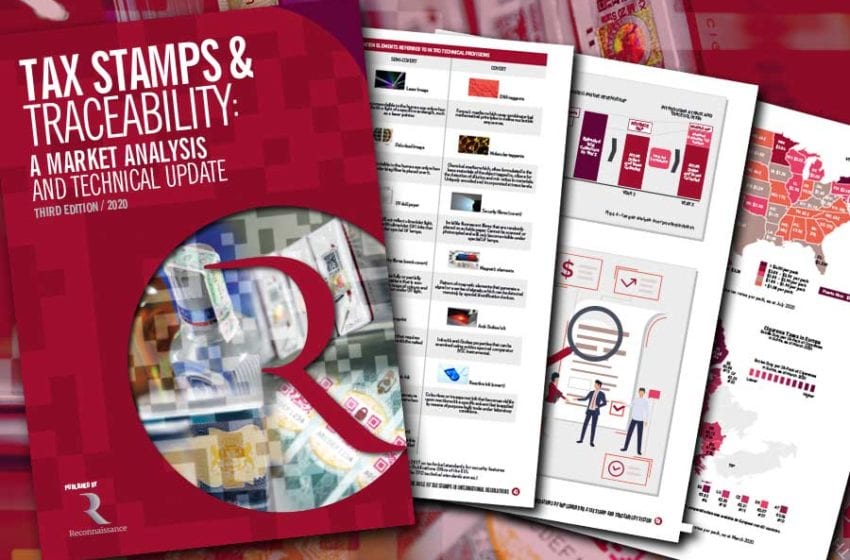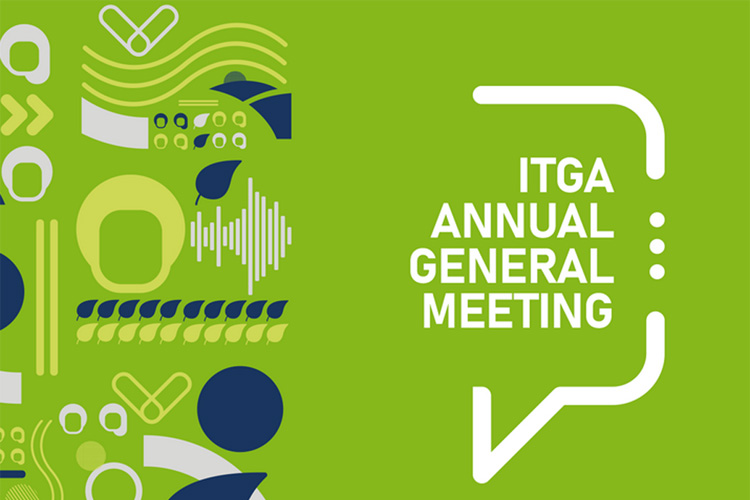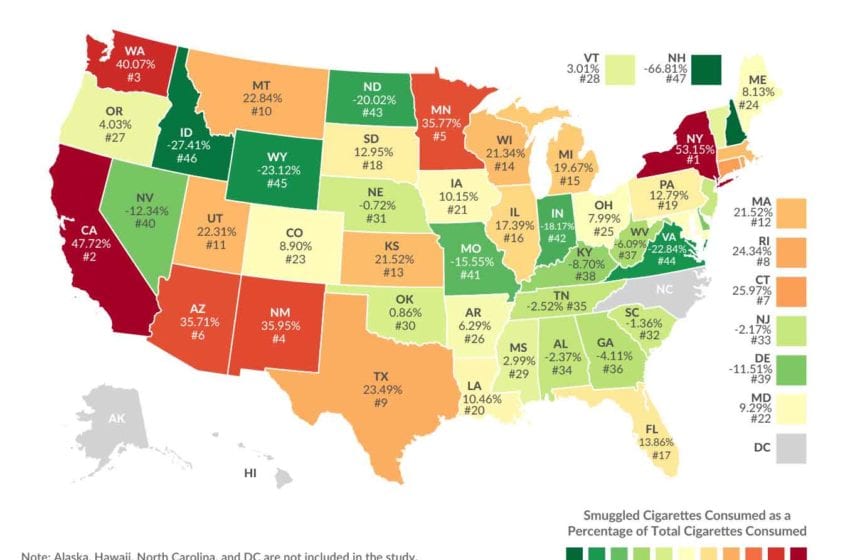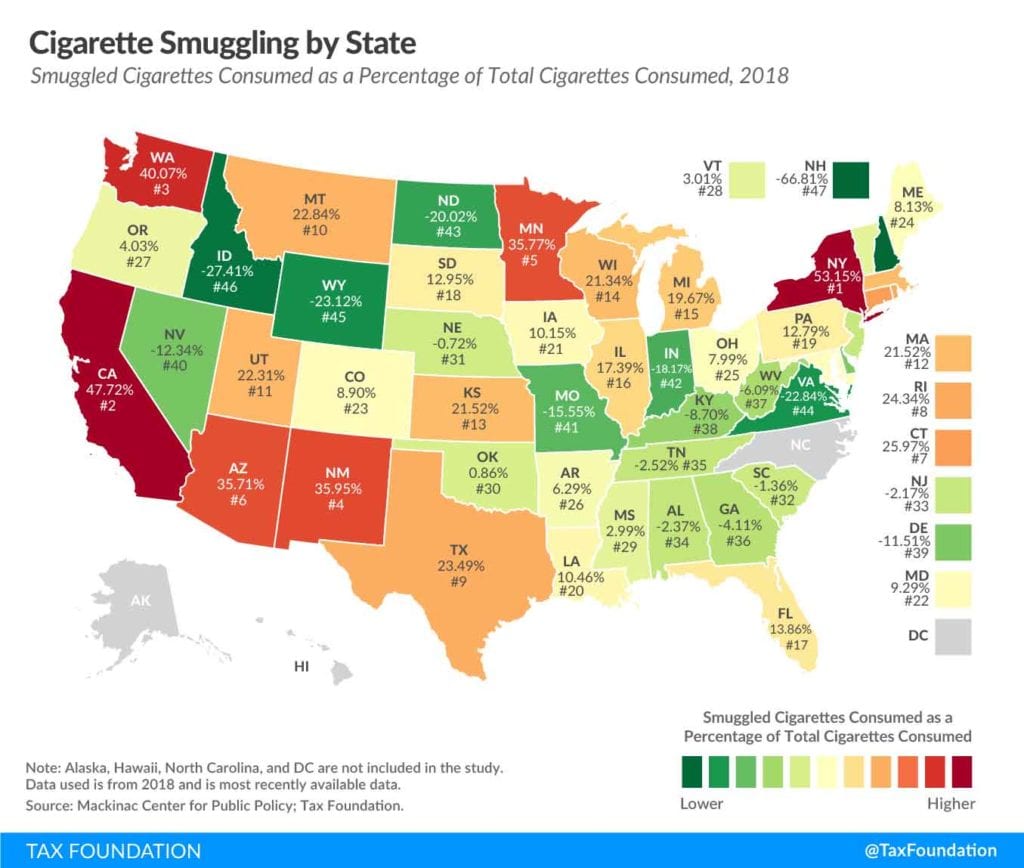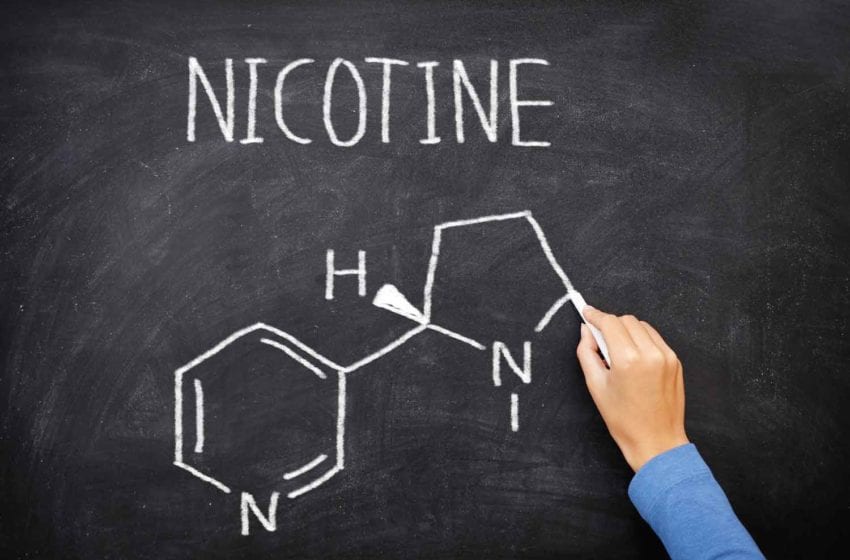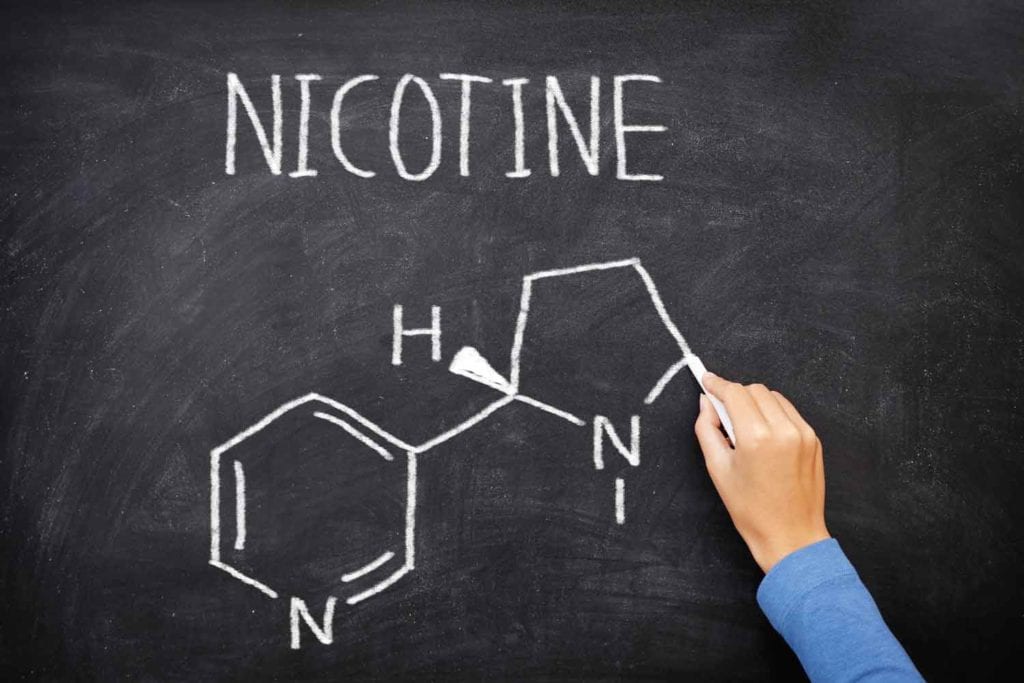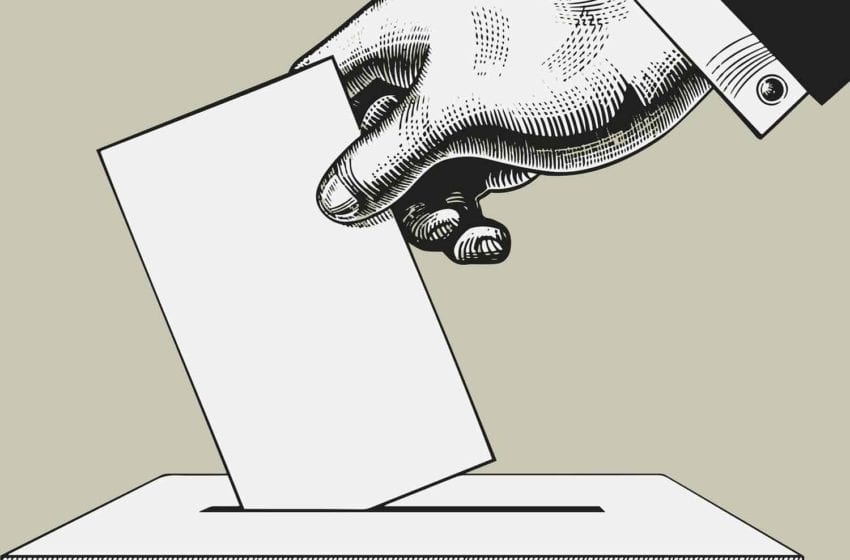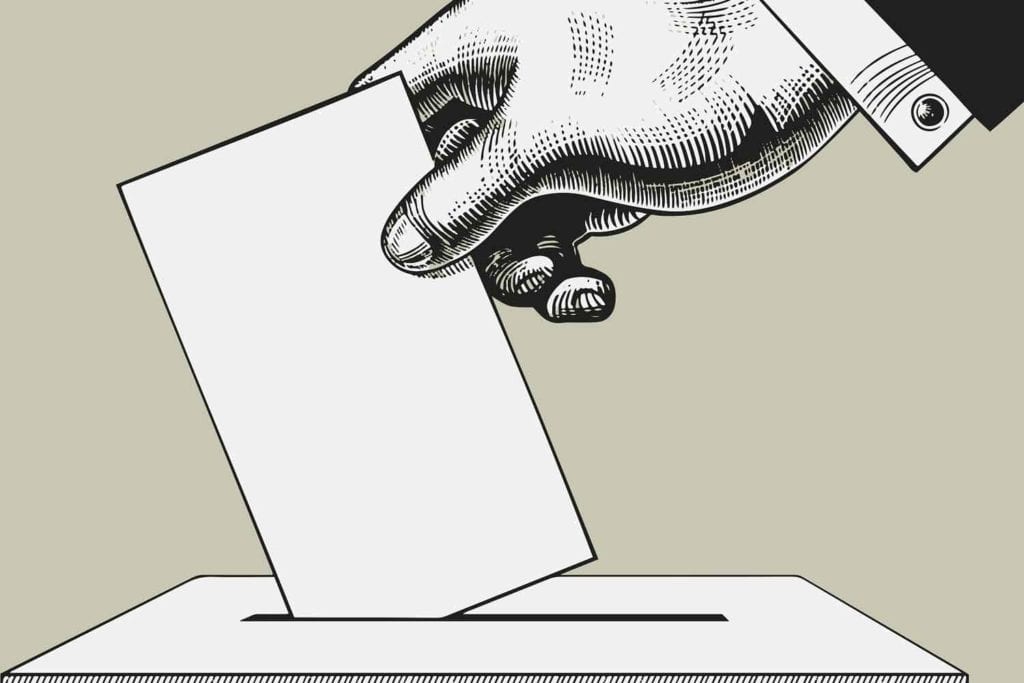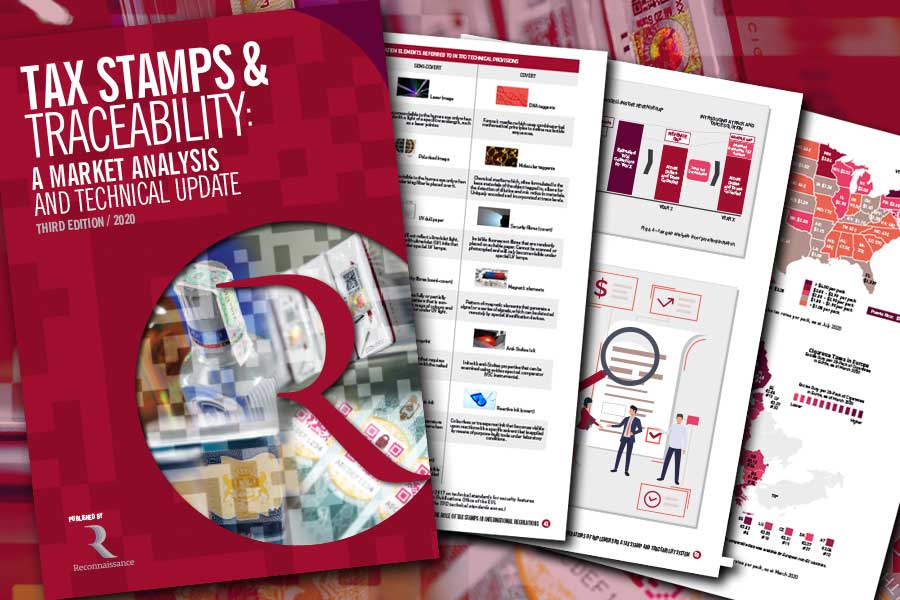
New investment in track-and-trace systems, rising excise taxes and wider commercial applications will drive tax stamp growth in the next five years, according to a new report published by Reconnaissance International.
The third edition of the “Tax Stamps & Traceability: A Market Analysis and Technical Update” identifies cannabis and vapor products as new markets for tax stamps to tap into at a time when the continued trade in illicit tobacco and alcohol sees revenue agencies using the devices as effective weapons in the fight against counterfeiters and criminals.
The report also points to the fact that by 2023, tobacco products in at least 60 countries will need to have track-and-trace systems in place to comply with the World Health Organization’s (WHO) Framework Convention on Tobacco Control (FCTC) Protocol to Eliminate Illicit Trade in Tobacco Products. This could open up additional tax stamp markets and more commercial opportunity for an established product.

“This is an important strategic report, offering insight, analysis and to those with a vested interest in tax stamps, the knowledge needed to progress with their own plans in this burgeoning sector,” said the report’s editor Nicola Sudan of Reconnaissance International. “Tax stamps offer a cost-effective way to secure excise revenue, while the authentication benefits provided cannot be overstated. It is why they will continue to be highly regarded and used by revenue authorities around the world well into the future.
“So whether your country, state or jurisdiction currently uses a tax stamp scheme, or is considering investing in such a scheme, it would be beneficial to find out what a modern program can deliver and why now is the right time to introduce them or expand your current scheme. This report will aid in making the right decisions and choices.”

